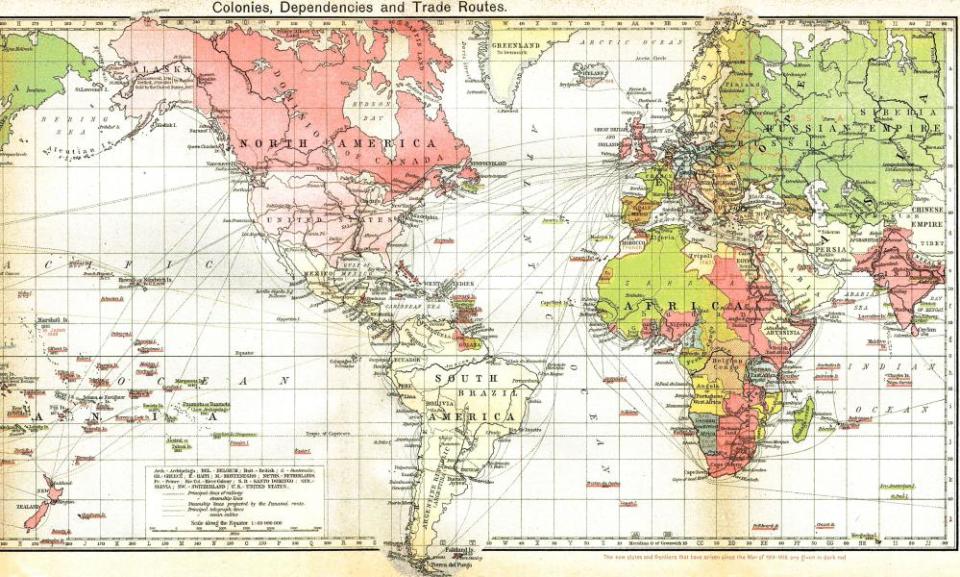Imperialism and the British class system

As director of Birmingham Museums from 2013 to 2020, I led a process of rethinking how the museums of Britain’s youngest and most diverse city could better serve all its communities. Simukai Chigudu’s article on decolonisation was therefore of great interest (‘Colonialism had never really ended’: my life in the shadow of Cecil Rhodes, 14 January). However, it raises issues that deserve further consideration:
(1) Are the symbols of imperialism best housed in museums? Around 98% of all museum collections are inaccessible in store. Even on display, these objects would be seen by many fewer people and with less impact than in their original positions. Why do we not make the effort to interpret the imperialist legacy of our townscapes in their full historic and architectural context?
(2) The British empire was not an isolated historical phenomenon. It would be interesting to compare human cultures from Assyria to America, with a view to understanding the behaviours and beliefs that compel some societies towards empire-building.
(3) The persistent ability of the British class system to label groups and individuals as “other”, and thus justify many forms of overt and covert discrimination, would repay examination, if not extirpation. Dr Chigudu’s article shows that this is as active as it was 50 years ago, when a female postgraduate at Oxford could be regaled by male students with Scottish jokes showing how mean, unattractive, stupid and of inferior class we were, and invited to fuck off back to Scotland. However, really serious prejudice could be observed at senior levels.
Dr Ellen McAdam
Marston Green, West Midlands

 Yahoo Finance
Yahoo Finance 